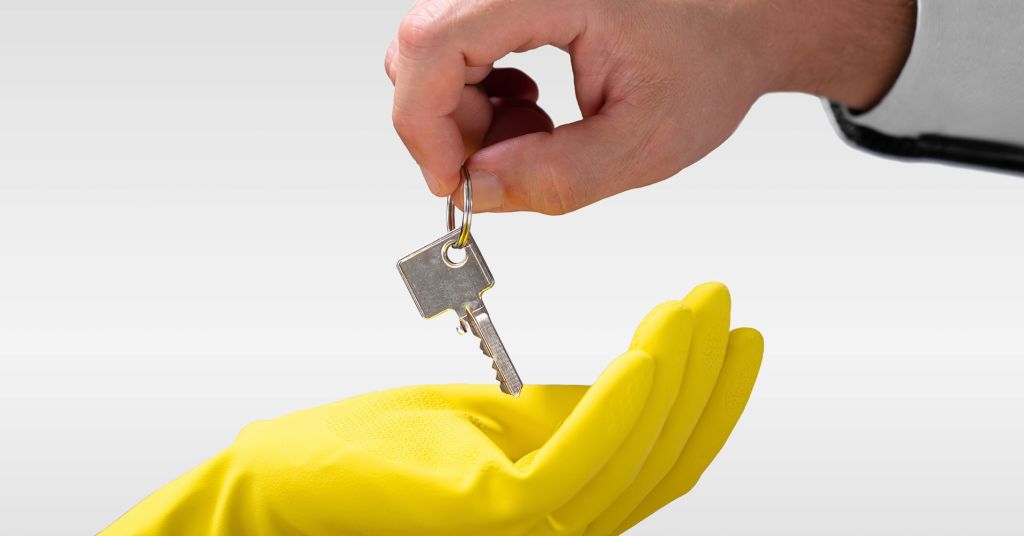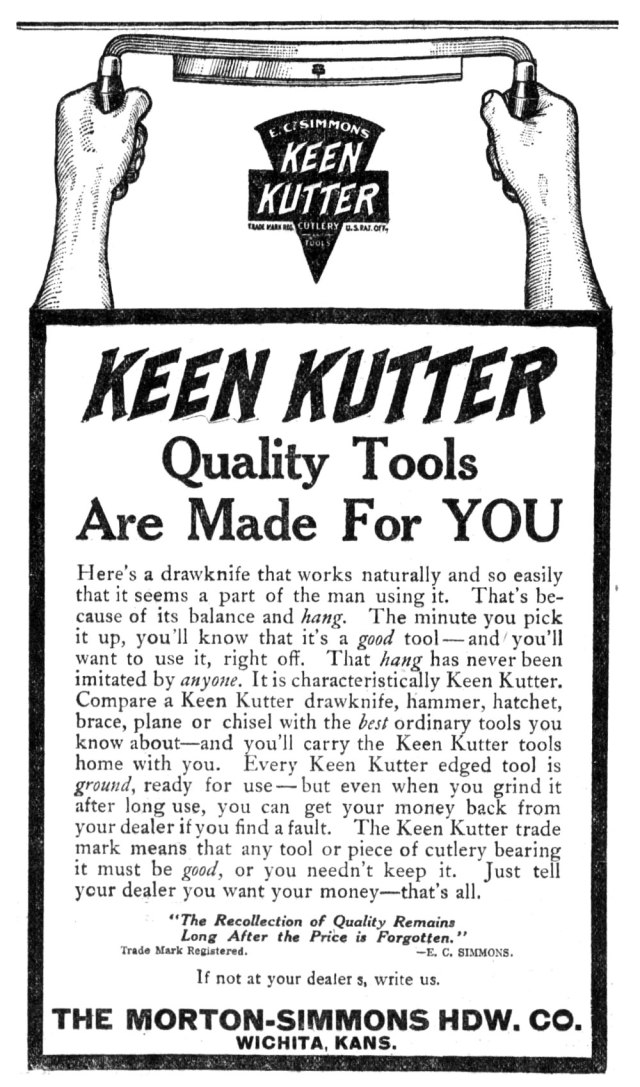Coronavirus: how workers can keep each other safe while keeping disruption to a minimum – Life Unlocked
With Coronavirus cases increasing by the day, the world is bracing itself for a hugely challenging few weeks and months ahead. Government responses are varying from country to country, but in terms of what we can all do to balance day-to-day working life with the realities of the global health crisis, there are some universally agreed behaviours that we can all put into practice.
Wash your hands & avoid touching your face
You’ve all heard the mantra by now, but it can’t be repeated often enough: one of the single most effective ways to keep yourself safe is to engage in regular, vigorous hand-washing and to avoid touching your own face. This particularly applies if you intend to remain in a busy work environment where multiple people gather on a daily basis, increasing your chances of coming into contact with someone carrying the virus.
Minimise contact with others
There are many ways you can do this, with some governments even specifying that people should keep a minimum distance between themselves and others. For workers, you may also want to do the following:
- Avoid using public transport – instead, why not cycle or get a taxi/Uber into work?
- Work from home if at all possible – have online meeting and save time on commuting too
- Avoid public gatherings
Clean your phone
Given how often we use them, with many even taking them to the toilet, it’s no surprise that our mobile phones are among our most germ-ridden possessions. That’s why we should all be treating our phones with high level of sanitary care right now, using disinfectant wipes on a regular basis to keep them – and more importantly you – safe. And remember, don’t just wipe your screen, but the whole handset.

Avoid touching things when out and about
With studies suggesting that the virus may survive on surfaces for several hours, everyday activities like handling cash, making chip and pin payments, and opening doors with bare hands should be avoided whenever possible at this time. Instead, use contactless cards or pay with your phone if your handset has that functionality, and use tissues to open doors before discarding them in sanitary fashion.
Similarly, when it comes to handling keys at work and home, you might want to consider a remote solution like Klevio that swaps physical keys for digital ones that you can store on your phone. This won’t only benefit you, as you can also share digital keys with other people such as anyone you live with, or colleagues and contractors at your office, helping keep everyone else healthy too.
If you have any questions on the above, or if you have your own tips on how workers can help each other to get through these testing times, please do drop us a line at hello@klevio.com.




